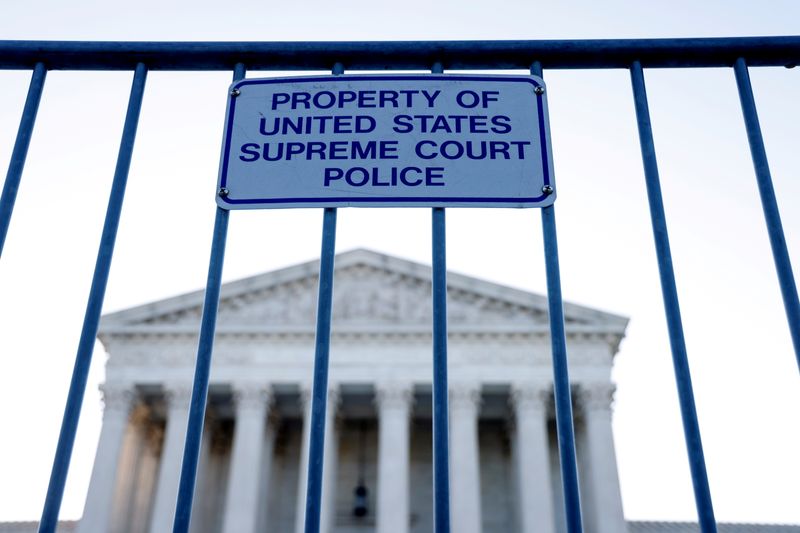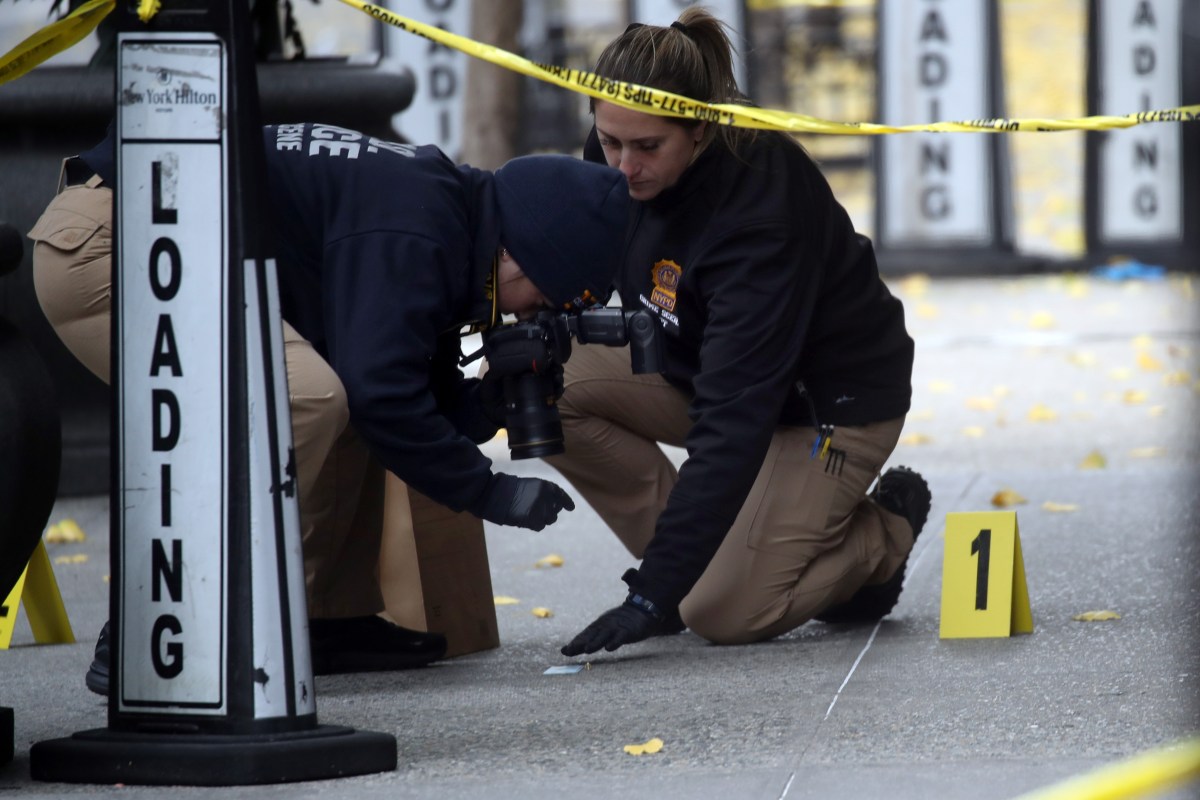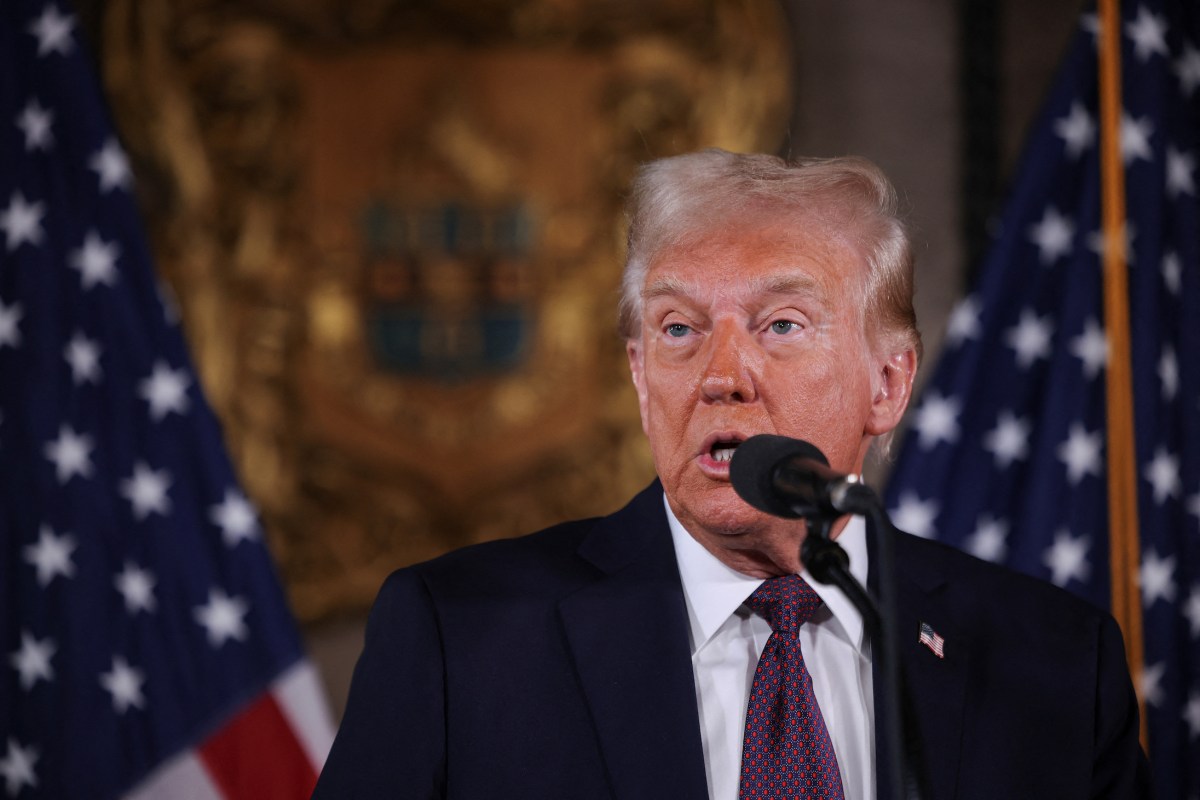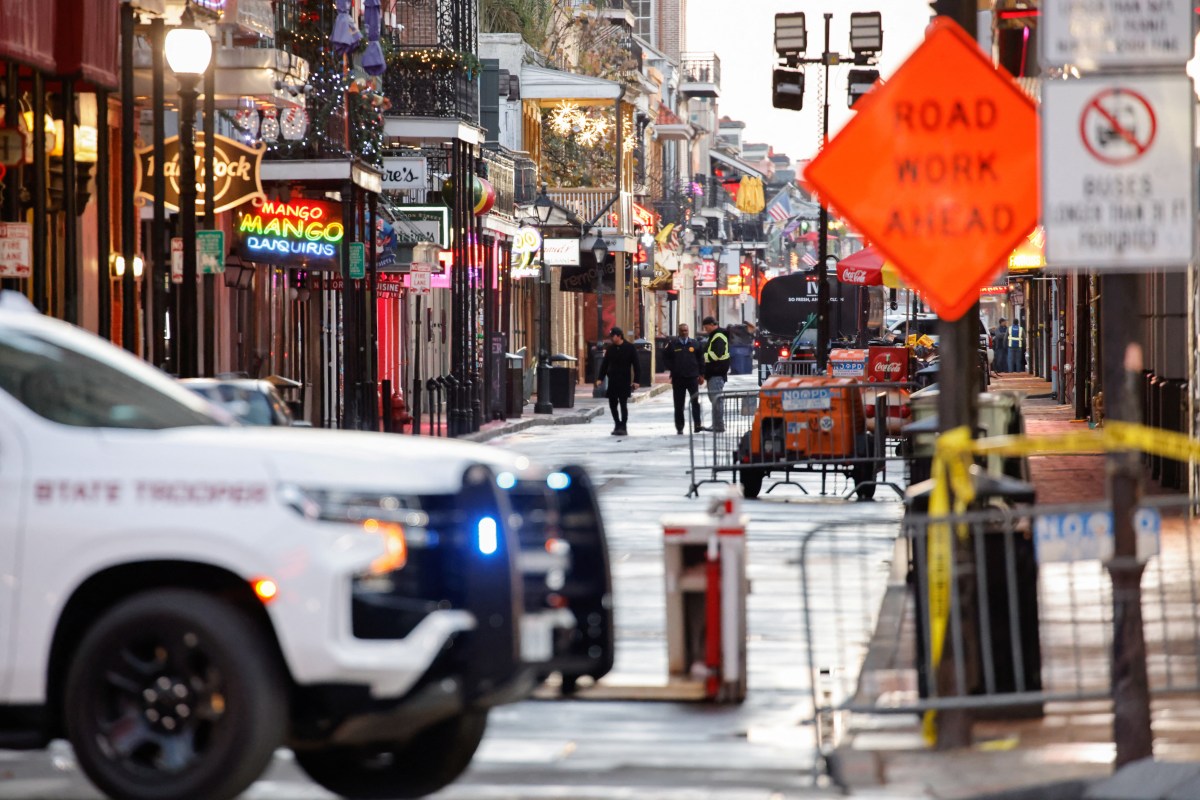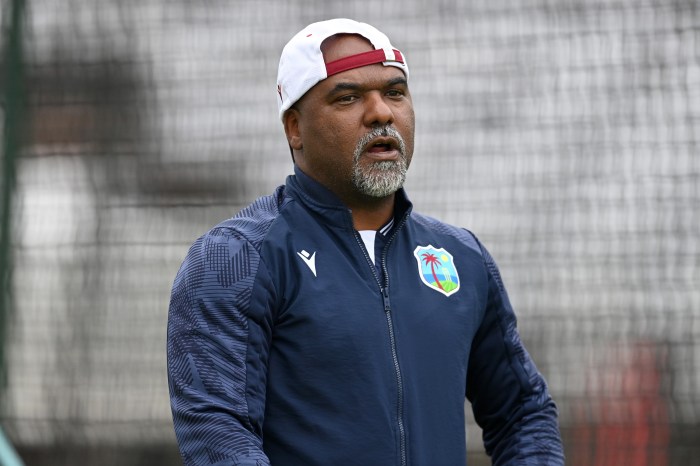By Lawrence Hurley
WASHINGTON (Reuters) -The U.S. Supreme Court on Monday agreed to hear the U.S. government’s bid to prevent two former CIA contractors from being questioned in a criminal investigation in Poland over their role in interrogating a suspected high-ranking al Qaeda figure who was repeatedly subjected to waterboarding.
The justices will take up the government’s appeal of a lower court ruling that Central Intelligence Agency contractors James Elmer Mitchell and John Bruce Jessen could be subpoenaed under a U.S. law that allows federal courts to enforce a request for testimony or other evidence for a foreign legal proceeding.
The case centers on Abu Zubaydah, a Palestinian man who was captured in 2002 Pakistan and has been held by the United States since then without charges, spending the past nearly 15 years as a detainee at the U.S. naval base at Guantanamo Bay, Cuba.
Zubaydah, who is now 50, lost an eye and underwent waterboarding – a form of simulated drowning that is widely considered torture – 83 times in a single month while held by the CIA, according to U.S. government documents. He was “an associate and longtime terrorist ally of Osama bin Laden,” the leader of the al Qaeda Islamist militant group killed by U.S. forces in Pakistan in 2011, a Justice Department filing said.
Zubaydah’s lawyers want Mitchell and Jessen to testify and provide documents in a criminal investigation in Poland, which is believed to be the location of a CIA “dark site” where the agency used harsh interrogation techniques against Zubaydah.
The San Francisco-based 9th U.S. Circuit Court of Appeals ruled in 2019 that Mitchell and Jessen could be subpoenaed. Mitchell and Jessen previously were questioned in other litigation about their roles in the interrogation program.
The U.S. government has disclosed that Zubaydah was held overseas and was interrogated using “enhanced interrogation techniques” but has not revealed the location of the sites, citing national security concerns. In 2015, the European Court on Human Rights determined that Zubaydah was held in Poland in 2002 and 2003.
Details of CIA activities were confirmed in a 2014 U.S. Senate report that concluded that the interrogation techniques were more brutal than originally disclosed. The report found that the CIA had misled the White House and public about its torture of detainees after al Qaeda’s Sept. 11, 2001, attacks on the United States. The report concluded that not a single terrorist attack was foiled as a result of the interrogations.
The U.S. government has asserted what is known as the “state-secrets privilege” to prevent the contractors from being questioned, saying it would risk national security.
The 9th Circuit overturned a Washington state-based federal judge’s ruling in favor of the government after Zubaydah’s lawyers filed a lawsuit in 2017 seeking Mitchell and Jessen’s testimony.
Following the 2001 attacks, the United States rounded up and detained without charges hundreds of suspected “enemy combatants” overseas, many of whom were then transferred to a detention facility at Guantanamo Bay. Zubaydah is one of 40 remaining detainees, according to the Pentagon.
The court will hear oral arguments and issue a ruling in its next term, which starts in October and ends in June 2022.
(Reporting by Lawrence Hurley; Editing by Will Dunham)

